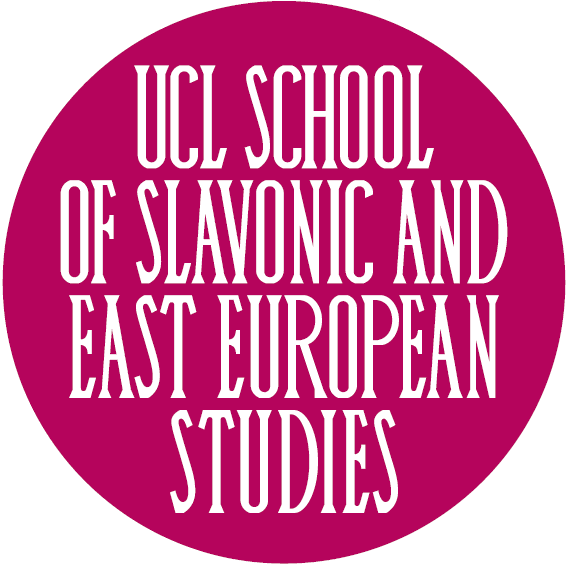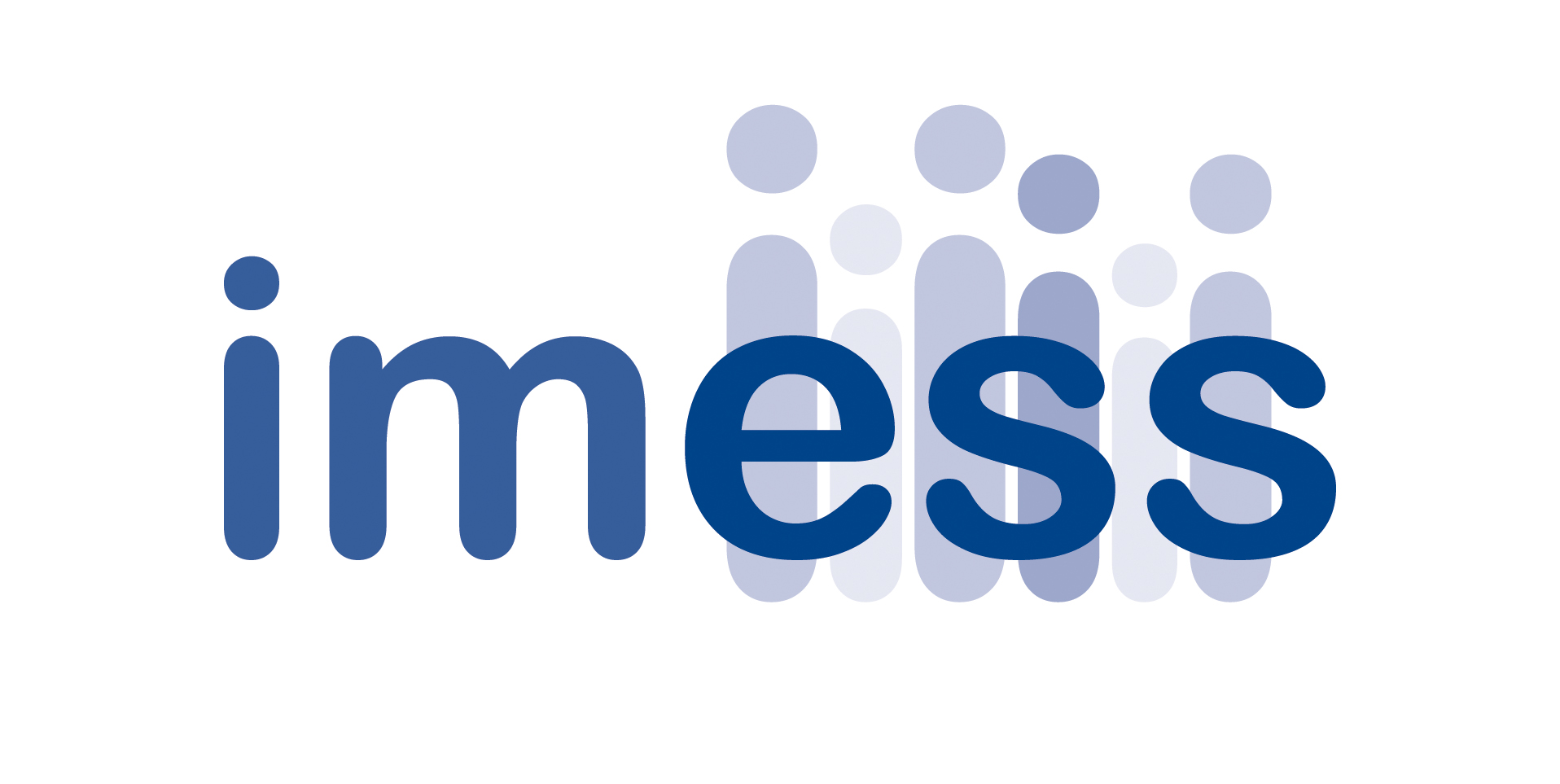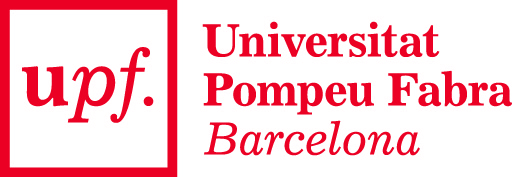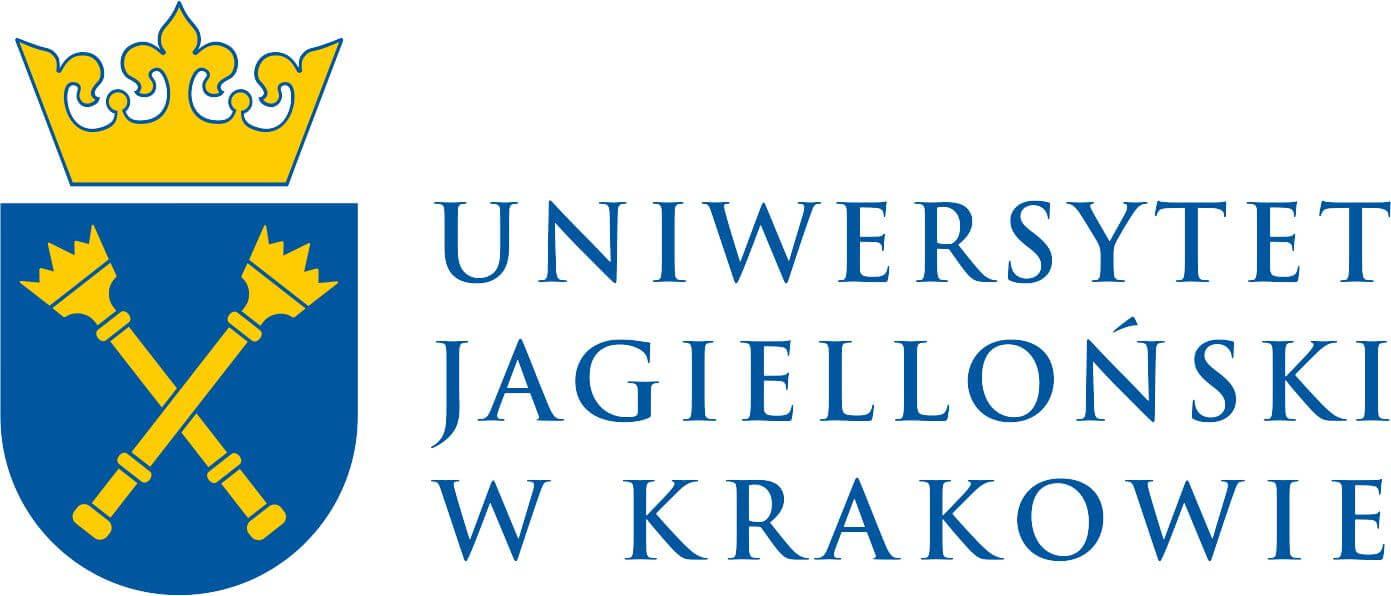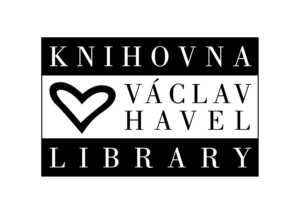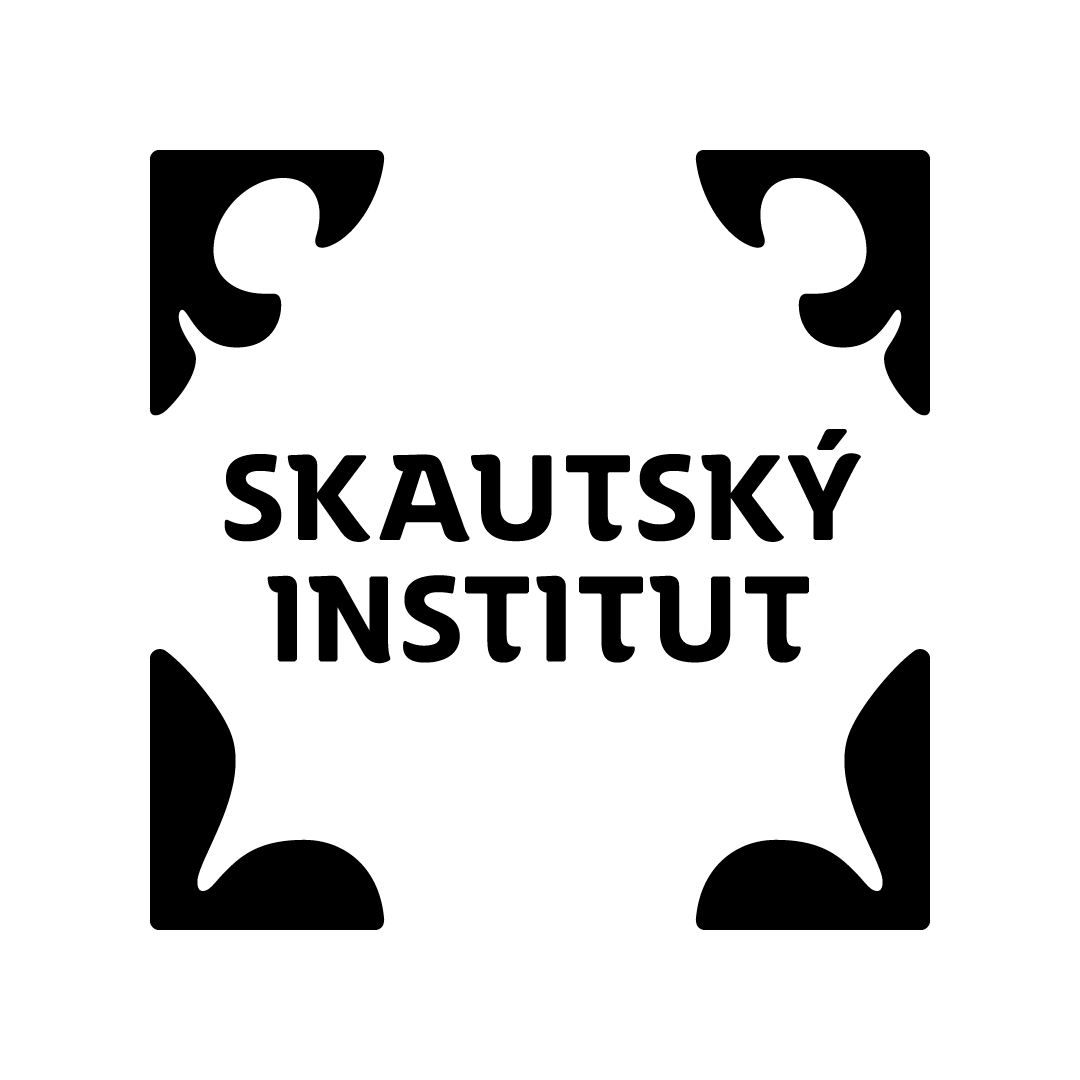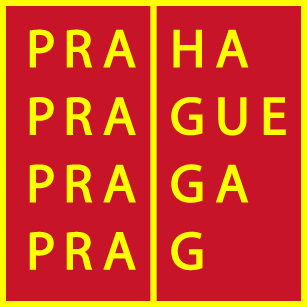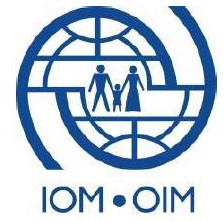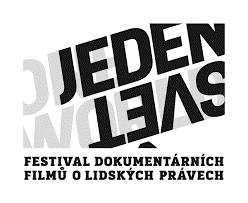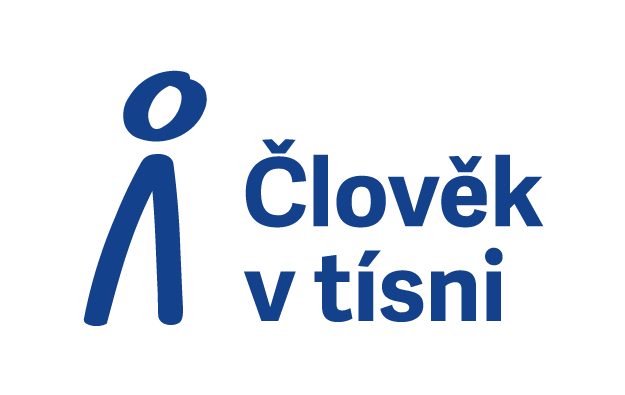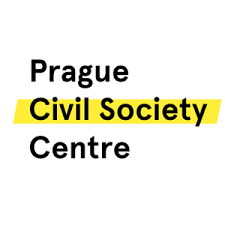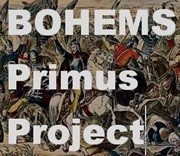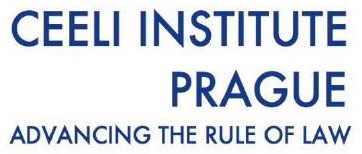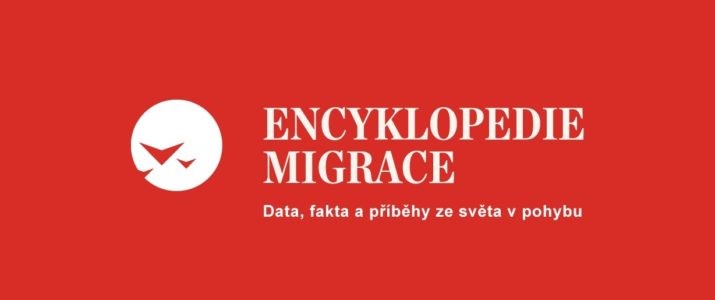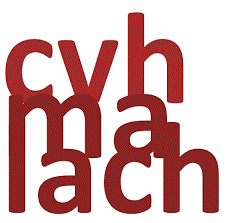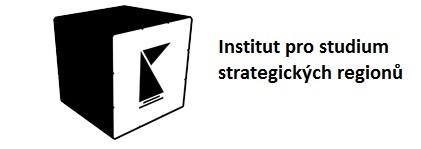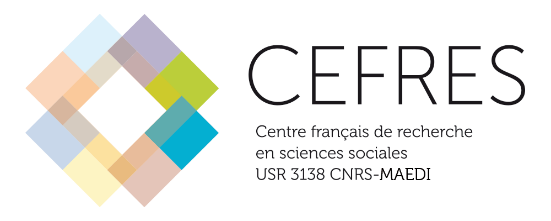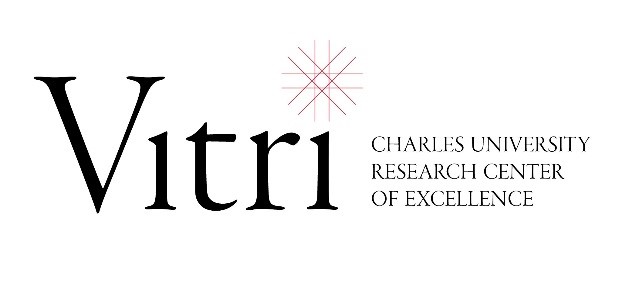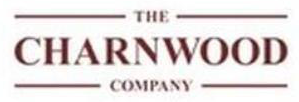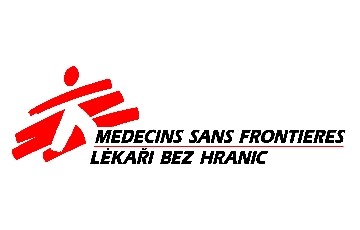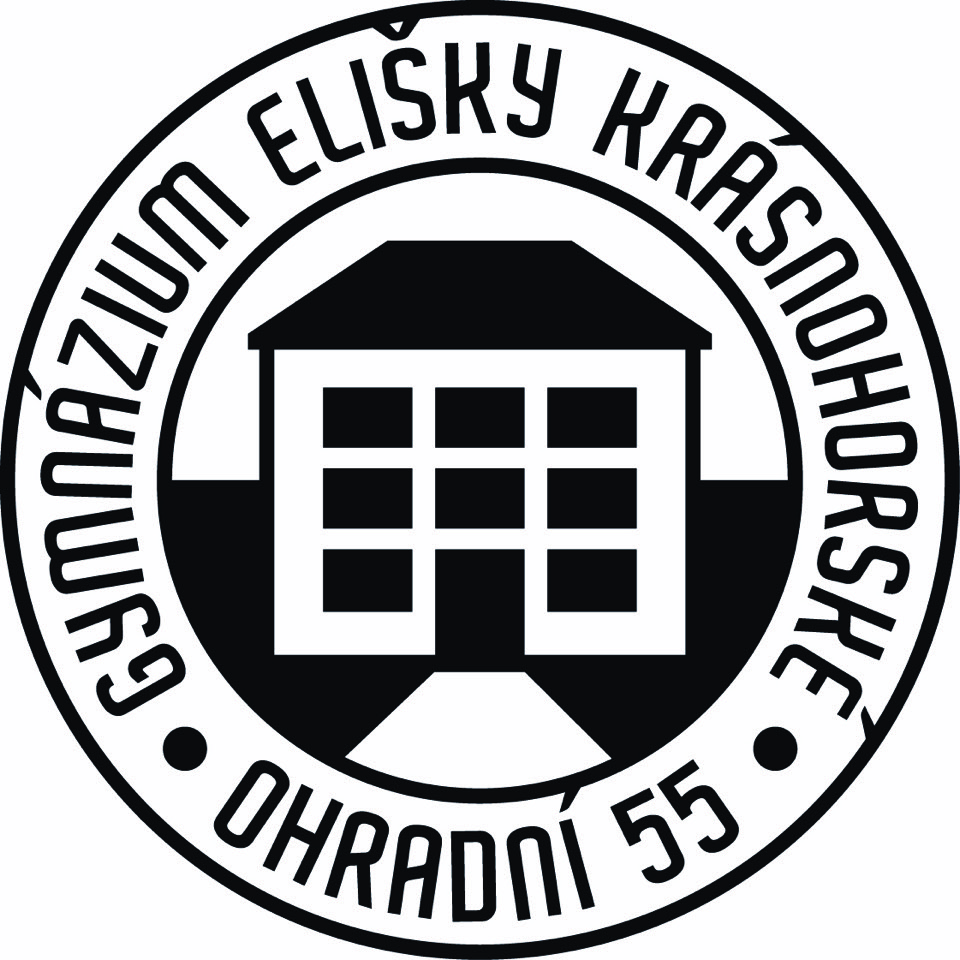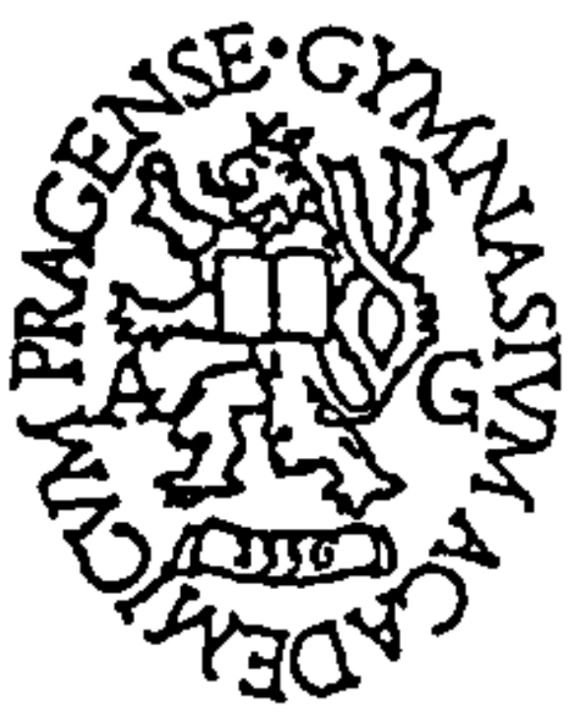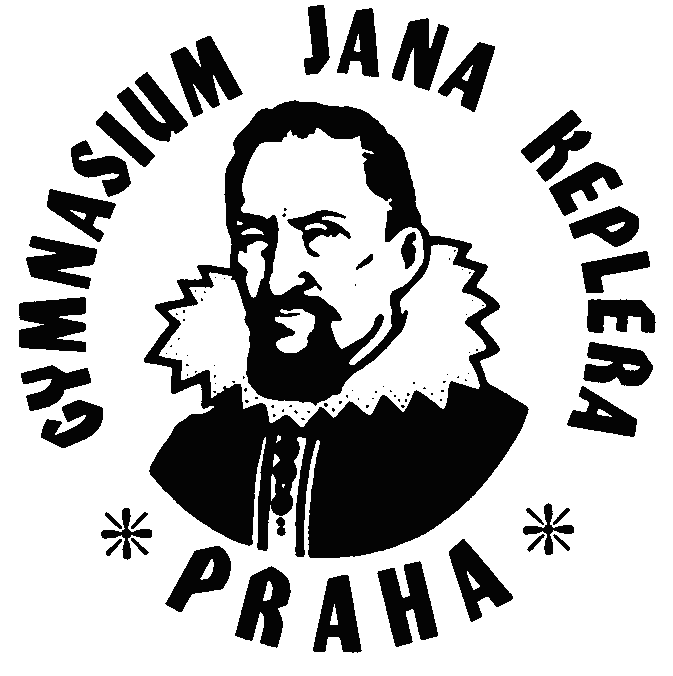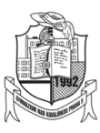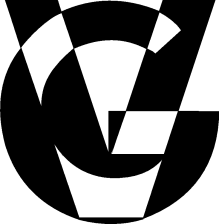NIECE - Jean Monnet Centre of Excellence
NIECE - Jean Monnet Centre of Excellence

NIECE – New Ideas for Europeanisation from Central Europe
The project aims to map, analyze and promote understanding of the changing approach to the European integration in Central Europe.
Academic research has identified only limited impact of the EU membership on core socio-economic patterns of individual EU countries. CE countries play critical role in this process as they oppose several core new EU initiatives (e.g. EU framework for migration) and some of them are undergoing a radical transformation of their political structures. More than ten years after their accession to the EU, CE countries also seem to be significantly more assertive in the EU affairs and more ready to ignore domestic implementation of unpopular EU`s initiatives. At the EU level, there seems to be only a limited academic and political reflection of this trend and the decision-making process at the EU level tends to suffer from lack of in-depth communication concerning core and sustainable principles of the EU integration.
Our Jean Monnet Centre aims to identify and provide detailed research of the abovementioned trends in politics, policy and polity in the CE states and to provide a platform for communication between policy-makers and academia.
Organised within six packages (Politics, institutions and rule of law, Ideas, culture and images, Economics and cohesion, (In)Security and risks, Dissemination and Administration), a conference, seminars and other events will be organized mapping perception of the European integration in Central European states. Further, a broader conference on general position of Central Europe in the post-Brexit EU will be organised. Integral part of NIECE’s activities will be teaching and research focused on changing behaviour of the CE states in the EU.
Apart from promoting excellence in research and teaching in EU studies, another important ambition of the Centre is to significantly contribute to the dialogue between the academic sphere, policy-makers and practitioners, and civil society.
NIECE relies on a significant institutional and personal continuity - Three Jean Monnet Centre of Excellence projects have already been successfully implemented by the applicant’s team which includes two Jean Monnet Chairs – and a long tradition of international co-operation with academic institutions both within and outside the EU.
Jean Monnet Centre of Excellence NIECE is led by Professor Ivo Šlosarčík, Jean Monnet Chair in European Law.
Staff
Events and project activities
Conferences and workshops
Europe and Cosmopolitanism: An Epistemological Perspective
Workshop organised by NIECE researcher Dr Paul Bauer, 1 February 2019
Summary
Teaching
Table society „Europe“ (Stolní společnost Evropa)
The Table Society brings together academics, young researchers, politicians, representatives of NGOs
and mass media to debate current topics in Czech, European and global politics in broader
perspective. The debates take a more casual format of “table society” or a “club” to allow more
relaxed and deep debate. Oral presentations given by respected professionals are followed by open
debates. The aim of the initiative, which builds on a tradition dating back to 2013, is to form a
“debating club”, which meets on a regular basis.
Our debates
26 November 2020
- Právo a Covid-19: druhá vlna, první dojmy; Zdeněk Kühn (Nejvyšší správní soud), Martin Smolek (MZV ČR, vládní zmocněnec pro zastupování ČR před SDEU) and Marek Antoš (PF UK). Debate will be moderated by Ivo Šlosarčík (FSV UK)
24 February 2020
- The future of the EU in a multi-polar world; Mr David Král (Ministry of Foreign Affairs of the Czech Republic)
9 December 2019
- Sherlock Holmes and economics; Prof Evžen Kočenda (Czech Academy of Sciences; Charles University)
14 October 2019
- Turkey’s dilemmas: with or without Europe? Dr Petr Mareš (diplomat and former deputy prime minister)
27 May 2019
- 2019 European Parliament elections: expectations – results – consequences; Prof Ivo Šlosarčík (Charles University)
29 April 2019
- Václav IV and the internationalization of arts in Europe; Prof. Jan Royt (Charles University)
18 March 2019
- The Constitutional Court and its place in the Czech constitutional order; Prof Aleš Gerloch (Charles University)
26 November 2018
- The United Nations in the contemporary world, and the role of the Czech Republic in the UN; Dr Marie Chatardová (Czech ambassador to to the UN)
29 October 2018
- Central Europe and the place of the Czech Republic; Prof Jacques Rupnik (Sciences Po Paris)
11 June 2018
- Russia in contemporary world politics; Dr Michael Romancov (Charles University)
7 June 2018
- Charles IV – builder of kingdom and empire; Prof. Jan Royt (Charles University)
19 April 2018
- Current political developments in Germany); Dr Miroslav Kunštát (Charles University)
26 February 2018
- The rise of digital media; Dr Václav Moravec (Charles University; Czech Television)
20 November 2017
- Switzerland: political culture of compromise, 170 years since the civil war; Prof Pierre Allan (University of Geneva, University of Berkeley)
23 October 2017
- Czech parliamentary election 2017: what next? Dr Petr Pithart (Charles University; former prime minister and president of the Senate of the Parliament of the Czech Republic)
Publications



